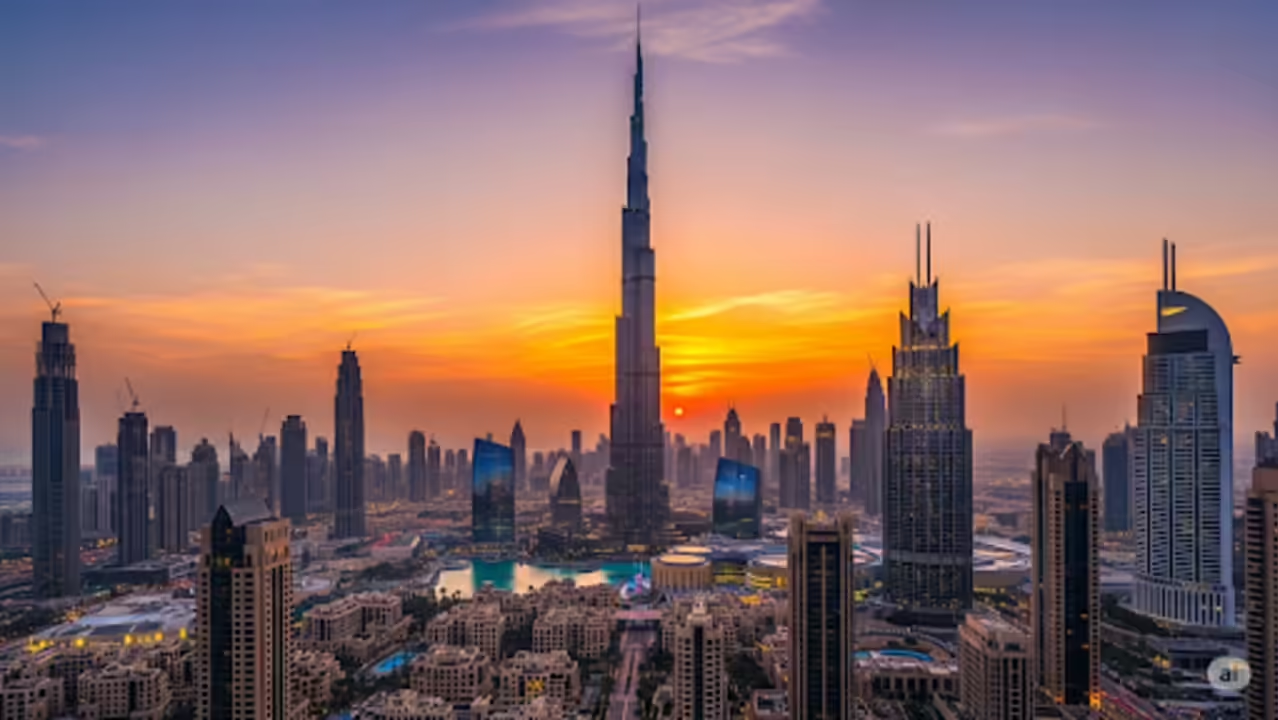Now Reading: Infrastructure Boom to Create New Real Estate Hotspots 2025
-
01
Infrastructure Boom to Create New Real Estate Hotspots 2025
Infrastructure Boom to Create New Real Estate Hotspots 2025

Infrastructure boom real estate hotspots 2025 are set to transform global property markets, as governments, developers, and investors push forward massive projects that will reshape urban living. From new transport corridors and airports to mega smart-city projects, infrastructure is increasingly becoming the backbone of real estate growth.
Analysts believe 2025 will be a landmark year where infrastructure-led development creates entirely new investment hubs across the Middle East, Asia, Africa, and beyond. For property buyers, this presents once-in-a-decade opportunities to enter emerging markets before prices skyrocket.
Infrastructure as the Driver of Real Estate
Real estate has always thrived where infrastructure grows. Roads, metro lines, airports, and smart utilities transform isolated plots into thriving communities. Experts highlight three main reasons infrastructure fuels property booms:
- Accessibility: Easy access attracts residents and businesses.
- Lifestyle Upgrades: Better transport, healthcare, and schools increase demand.
- Investor Confidence: Infrastructure shows long-term government commitment, reducing risks.
In 2025, these factors are converging at unprecedented levels. Countries are racing to modernize their cities, while global investors are seeking stable, high-growth assets.
Key Infrastructure Projects Shaping 2025 Hotspots
Several mega-projects across the globe are expected to create new real estate hotspots in 2025:
1. Middle East – Dubai and Saudi Arabia
- Dubai: The upcoming metro line extensions and waterfront megaprojects like Dubai Islands will boost communities around Deira, Expo City, and Jebel Ali.
- Saudi Arabia: The futuristic city NEOM, with The Line megastructure and Red Sea projects, will reshape Saudi Arabia into one of the most ambitious real estate markets in history.
2. Asia – India and Indonesia
- India: Smart city programs and new expressways are creating demand in Tier 2 cities like Pune, Lucknow, and Surat.
- Indonesia: Jakarta’s planned move to Nusantara, the new capital, will shift the property spotlight to East Kalimantan.
3. Africa – Kenya and Egypt
- Kenya: Nairobi Expressway and new railway links are turning Nairobi into East Africa’s top real estate hub.
- Egypt: The New Administrative Capital outside Cairo is attracting developers and investors alike.
4. Europe – Eastern Growth Corridors
- Poland and Hungary: Infrastructure upgrades supported by EU funding are creating new logistics and residential hubs.
Why 2025 is Differen
While infrastructure-driven growth is not new, 2025 is unique for several reasons:
- Post-Pandemic Recovery: Governments are prioritizing construction as a driver of economic rebound.
- Green and Smart Infrastructure: Focus on sustainability and digital integration makes projects more future-proof.
- Foreign Investment Surge: Sovereign wealth funds and private investors are pouring capital into infrastructure-linked projects.
This creates a perfect storm for real estate growth across multiple regions.
Impact on Real Estate Markets
The ripple effects of the infrastructure boom real estate hotspots 2025 are already visible:
- Rising Land Values: Prices near major projects are increasing by up to 30%.
- Shift to Emerging Markets: Investors are moving from saturated cities to new hubs.
- Rental Demand Growth: Areas near transport hubs see higher rental yields.
- Luxury Segments Expanding: Branded residences and high-end villas are entering new districts.
Opportunities for Investors

For property buyers, 2025 presents three key opportunities:
- Early Entry Advantage: Investing before infrastructure completion yields maximum returns.
- Diverse Asset Options: From residential to logistics, every sector benefits.
- Government-Backed Growth: Infrastructure ensures long-term stability and appreciation.
However, experts warn that due diligence is crucial. Investors should assess project timelines, government commitments, and developer credibility before entering these markets.
Future Outlook
By 2030, analysts expect infrastructure-led hotspots to dominate global real estate trends. Cities like Dubai, Riyadh, and Mumbai could rival established hubs like London and New York in investor attention.
The combination of smart city planning, sustainable infrastructure, and global connectivity ensures that the real estate boom driven by infrastructure in 2025 will not be a short-term trend but a lasting transformation.
Conclusion
The infrastructure boom real estate hotspots 2025 trend shows how closely real estate values are tied to large-scale development projects. From futuristic cities in the Middle East to transport-driven growth in Asia and Africa, new communities are being built from the ground up.
For investors, 2025 is not just another year-it is a turning point where infrastructure and real estate intersect to create unprecedented opportunities. The winners will be those who spot the hotspots early and move fast to secure their share of tomorrow’s prime locations.
Do follow us : Instagram
Read More-Why Dubai’s Wellness Homes Are Popular With International Investors






















